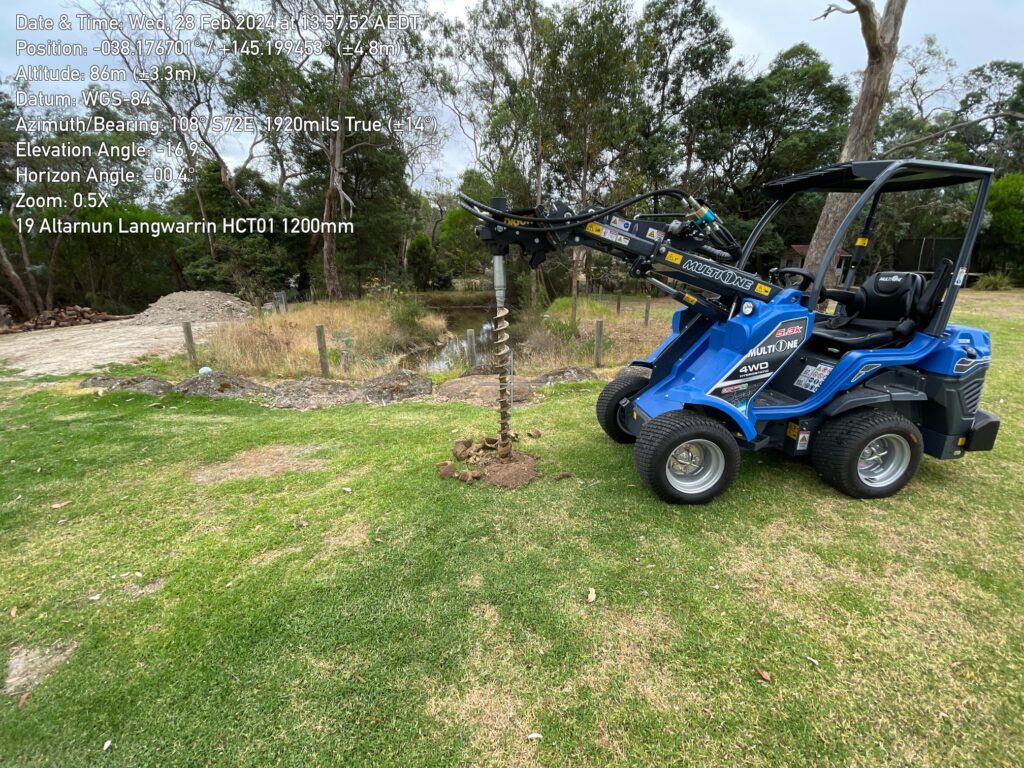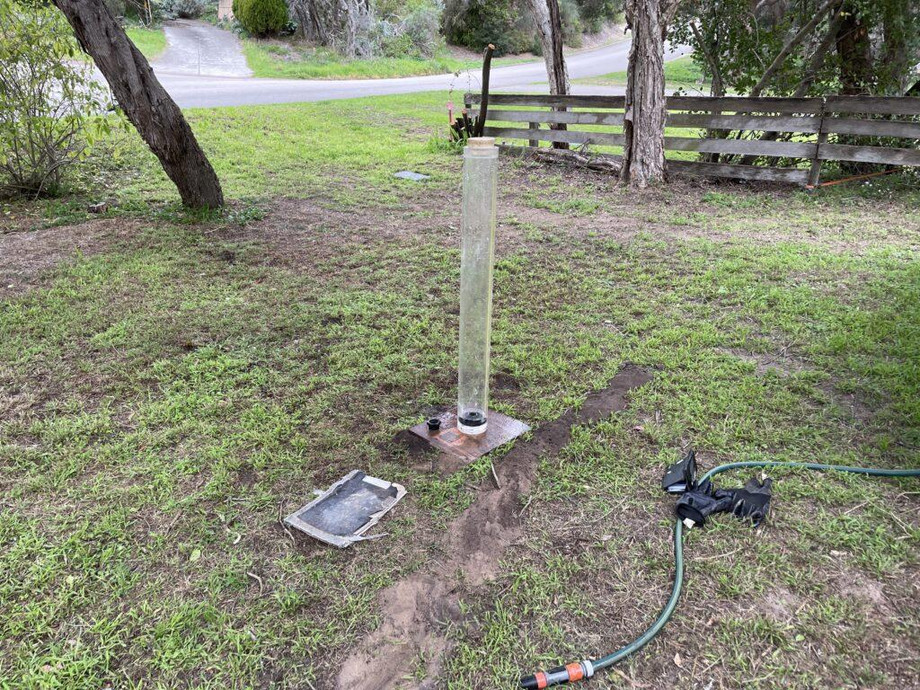Land Capability Assessment (LCA) is an essential process for evaluating a site's suitability for various land uses, especially in terms of wastewater management, agriculture, and residential development. If you’re a property owner or developer planning to build on land that isn’t connected to a municipal sewer system, understanding the Land Capability Assessment Cost and its significance is crucial.
In this blog, we’ll dive deep into what LCA entails, why it's necessary, and how much you should expect to pay for an assessment. This knowledge will help you make informed decisions, ensuring your land development is both sustainable and compliant with local regulations.
What is a Land Capability Assessment (LCA)?
A Land Capability Assessment (LCA) is a scientific evaluation conducted to determine the capacity of land to support various land uses. It assesses the land’s ability to sustainably manage wastewater, particularly in unsewered areas where on-site septic systems are required. The results of an LCA provide crucial information about the soil type, drainage patterns, and the potential environmental impacts of development.
The goal of an LCA is to ensure that the land can handle wastewater disposal without contaminating groundwater, nearby streams, or ecosystems. It also determines if additional precautions, such as specific treatment systems, are needed to protect the environment.
Why is LCA Necessary?
LCA is often required by councils or local authorities before granting permits for building or development projects in unsewered areas. Its necessity stems from the need to:
- Protect Public Health: By ensuring proper wastewater management, LCAs help to prevent the spread of waterborne diseases and contamination of drinking water sources.
- Maintain Environmental Integrity: LCA helps minimize the environmental footprint of development projects by recommending suitable wastewater management solutions.
- Ensure Sustainable Development: It ensures that development is carried out without damaging the natural landscape or exceeding the land's capacity to handle wastewater.
In essence, LCA is vital for any project where on-site wastewater treatment systems, such as septic tanks, are being considered.
Key Factors That Influence LCA Cost
The Land Capability Assessment cost can vary based on several factors. Understanding these elements can help you budget accordingly and select the right professional for your project. Here’s a breakdown of the key factors influencing LCA Cost:
1. Location of the Property
The geographic location of the property plays a significant role in determining the cost of LCA. Some regions have more stringent regulations, requiring detailed assessments and specialized equipment. Additionally, remote or hard-to-access sites may increase costs due to the difficulty of reaching the property.
2. Size of the Property
The size of the land under assessment is another critical factor. Larger properties may require multiple soil tests, water analysis, and additional inspections. Consequently, the assessment process may take longer and require more resources, thus increasing the LCA cost.
3. Soil Type and Conditions
Different soil types have varying capacities to handle wastewater, which directly affects the complexity of the assessment. For example, properties with clay-heavy or rocky soils may need more comprehensive evaluations than those with loamy or sandy soils. If the land has poor drainage or is located near water bodies, additional analysis might be required, raising the Land Capability Assessment cost.
4. Professional Expertise
The cost can also fluctuate depending on the professional or company conducting the LCA. Highly experienced consultants or firms with specialized expertise may charge more for their services. While opting for cheaper services may seem appealing, it’s crucial to ensure that the consultant is accredited and has the necessary experience to deliver accurate and reliable results.
5. Regulatory Requirements
Different regions and municipalities have distinct regulatory requirements regarding LCAs. Some areas may require more detailed reports, which can drive up the overall cost. Make sure to familiarize yourself with the specific regulations in your locality, as non-compliance can lead to project delays and additional costs down the road.
What to Expect from the LCA Process?
The LCA process is comprehensive and usually involves several steps:
- Site Inspection and Soil Testing: The assessor will visit the site and perform soil tests to evaluate its absorption rate, drainage, and composition. Soil samples may be sent to a laboratory for further analysis.
- Hydrological and Topographical Assessment: The assessor will study the land’s water flow, proximity to water bodies, and topography to determine its ability to handle wastewater without environmental contamination.
- Report Compilation: Based on the findings, the assessor will compile a detailed report that includes recommendations for suitable septic systems, drainage solutions, and any environmental considerations.
- Submission to Authorities: Once the report is complete, it will be submitted to the local council or regulatory body for review. Depending on the findings, you may be granted approval or be asked to make specific modifications to your development plans.
How Much Does a Land Capability Assessment Cost?
The Land Capability Assessment cost can range from as low as $1,500 to $5,000 or more, depending on the aforementioned factors. Here’s a rough breakdown:
- Basic Assessments: Typically for small residential projects, you can expect costs to start at around $1,500. These assessments usually cover smaller plots with straightforward soil conditions.
- Detailed Assessments: Larger properties, commercial developments, or lands with complicated soil conditions may require more extensive evaluations, pushing the cost to $3,000 or more.
- High-End Assessments: If your property is in a sensitive area, near water bodies, or has poor soil conditions, you may need to budget for $5,000 or higher.
While the cost might seem substantial, it's important to view an LCA as an investment. It helps avoid long-term issues with your septic system and ensures that your project meets all legal and environmental requirements.
Final Thoughts
Understanding the Septic Land Capability Assessment and the process involved is critical for property owners and developers, especially in unsewered areas. Conducting an LCA not only ensures the sustainability of your project but also helps in avoiding costly mistakes in the future. Be sure to hire a qualified professional for the assessment and consider the key factors that affect the cost to avoid any surprises.
By budgeting for a Land Capability Assessment early in your project planning, you can move forward confidently, knowing that your land is suitable for development and compliant with local regulations.






Comments